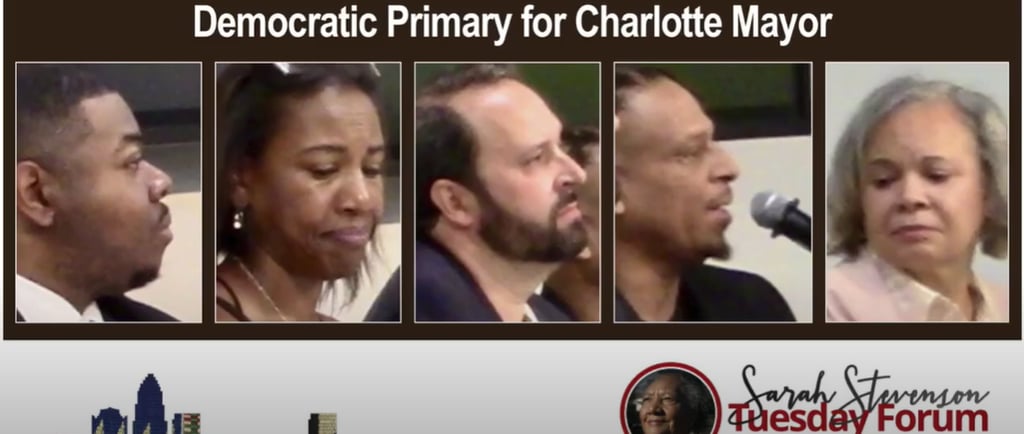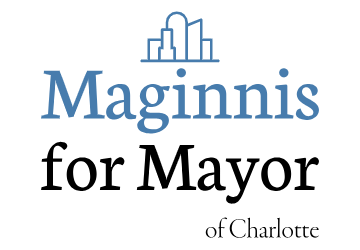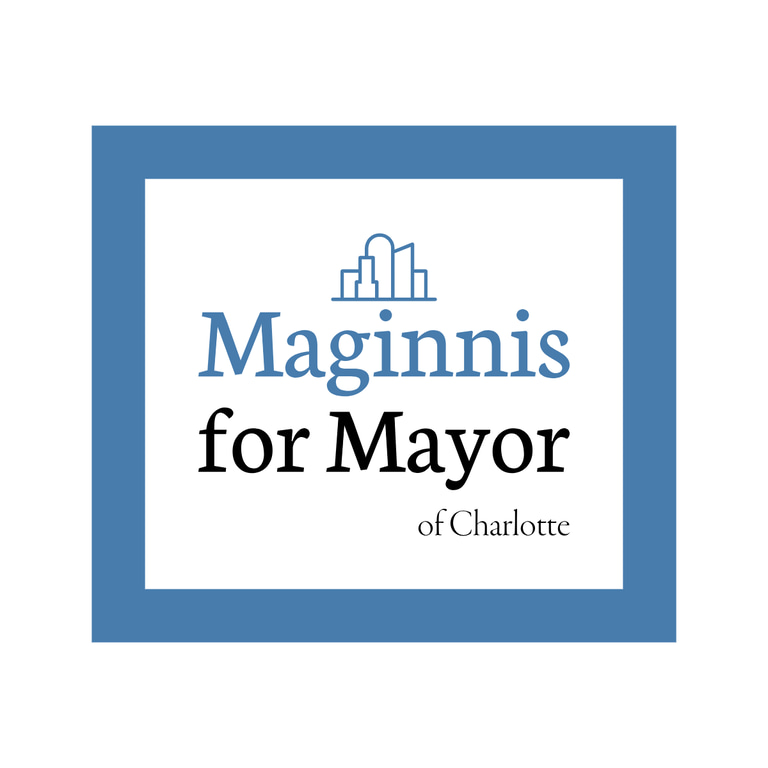Transparency Week Day 7: A Community-Driven Charlotte
Empowering every Charlottean to shape our city’s future through transparent, inclusive governance.
8/2/20252 min read


https://www.youtube.com/clip/UgkxX0mQerxMNsYMu9O6SJABkuF4EJY1Jd04
As Brendan K. Maginnis, Democratic candidate for Mayor of Charlotte, I’m proud to conclude Transparency Week, a seven-day campaign to share my vision for a transparent, accountable city government that serves all 890,000 Charlotteans. From the $305,000 Johnny Jennings settlement to the $650M Bank of America Stadium renovation decision (Charlotte Observer, 2024), recent controversies have eroded trust, as have opaque processes like the $250M Racial Equity Initiative (QC News, 2021). My plan—enhancing the Open Data Portal, launching a Charlotte Accountability Commission, Charlotte Checkbook, Transparency Scorecard, participatory budgeting, and Council on the Road—addresses these issues head-on. Today, on Day 7, I’m detailing the Charlotte Community Policy Council (CCPC), inspired by Seattle’s Community Involvement Commission, to ensure residents shape our city’s future. Join us at TransparencyWeek on @maginnisformayor (@maginnis4mayor on X) to build a Charlotte where trust thrives! Visit www.maginnisformayor.org to get involved. TrustCharlotte CharlotteMayor2025
The CCPC will empower residents to co-develop policies on critical issues like housing, public safety, and zoning, addressing the trust deficit highlighted by Councilman Braxton Winston’s advocacy for transparency, particularly in police accountability. In 2023, Winston criticized the city’s handling of the Danquirs Franklin case, stating, “We were not transparent,” and pushed for broader community dialogue on police reforms (Charlotte Observer, 2023). The CCPC, modeled on Seattle’s commission, which engages 1,000+ residents annually on budget and safety priorities (Seattle Office of Community Involvement, 2023), will host monthly forums with residents, council members, and city staff. These forums will offer hybrid participation (in-person and virtual) with translation services to ensure inclusivity, especially for underserved communities like West Charlotte and Grier Heights. Outcomes will be reported publicly on the Open Data Portal ([data.charlottenc.gov](https://data.charlottenc.gov/)), responding to Victoria Watlington’s call for accountability amid a “brazen disregard for the law” in the Jennings settlement (WFAE, June 2025).
Funded by $400,000 from the $943.5M 2026 General Fund (0.04%, Greater Charlotte Apartment Association, 2025), the CCPC will prioritize equity, aligning with Winston’s and Watlington’s focus on community representation. Unlike the $650M stadium deal, which 300 of 400 surveyed residents opposed (WFAE, June 2024), or the Racial Equity Initiative, criticized by Tariq Bokhari for bypassing council (QC News, 2021), the CCPC ensures decisions reflect public input. Forums will rotate across neighborhoods, with digital platforms collecting feedback from those unable to attend, addressing Dimple Ajmera’s concerns about opaque processes (Charlotte Observer, 2019). By institutionalizing resident voices, the CCPC prevents the secrecy that fueled distrust under Mayor Vi Lyles.
Transparency Week, launched July 29, 2025, has showcased my commitment to openness: from real-time budget data to citizen oversight, every initiative empowers YOU. I’ll commission a trust survey via the UNC Charlotte Urban Institute to measure progress, building on their 30-year Charlotte-Mecklenburg Annual Survey. Visit www.maginnisformayor.org to submit forum topics and endorse my Transparency Pledge. What issue—housing, safety, jobs—matters most to you? Share at TransparencyMatters and join us to create a Charlotte where every voice counts!
Join us in creating a better Charlotte together.
Contact
Connect
info@maginnisformayor.org
704-576-2887
© 2025. All rights reserved.
Paid for by Maginnis for Mayor of Charlotte Committee


8240 Ballantyne Commons PKWY, PO 49503,
Charlotte, NC 28277
